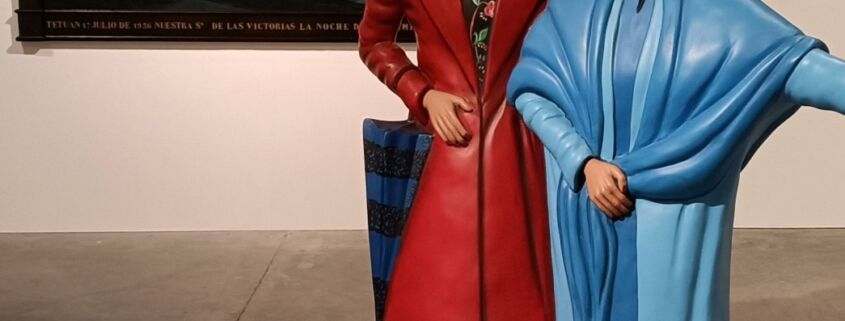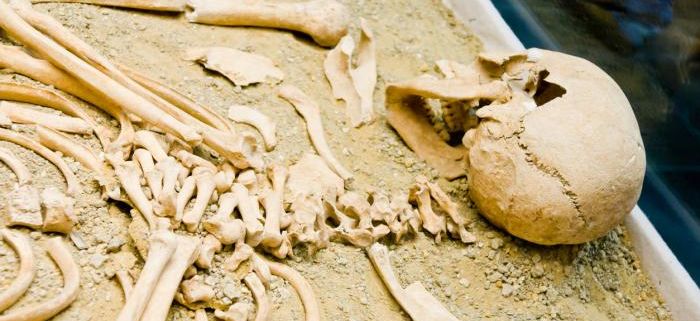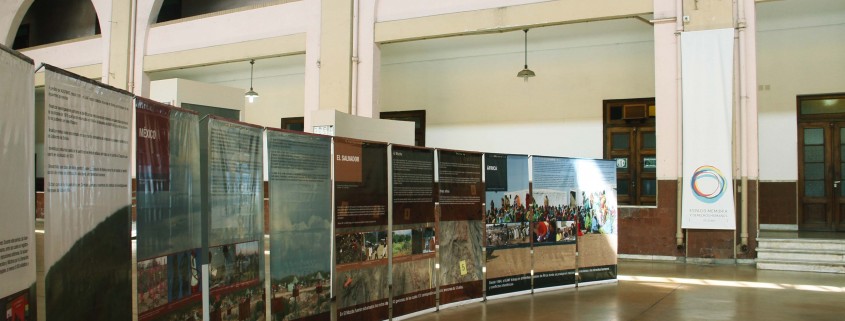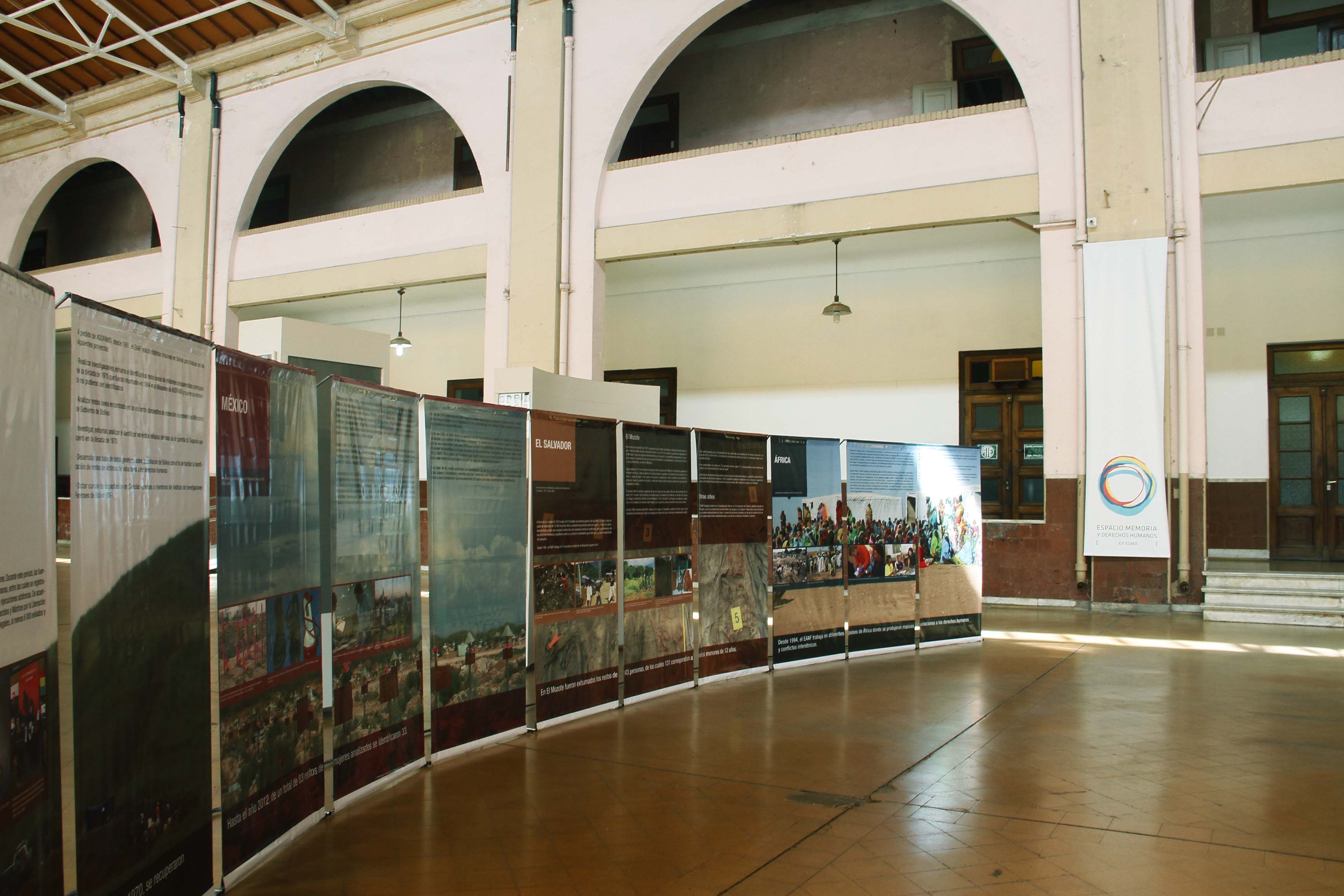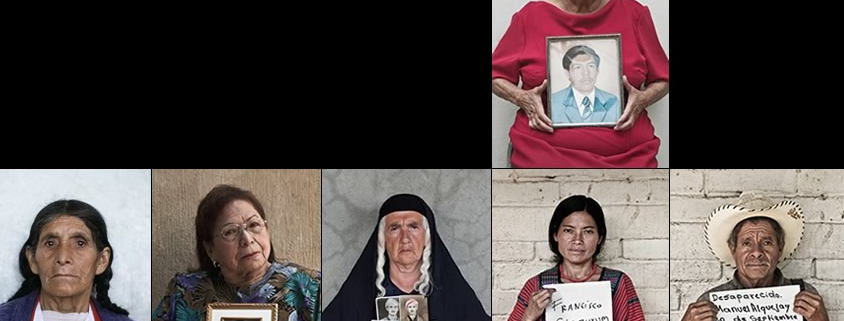Exhibition: “The democratic skylight. Policies of life and death in the Spanish State (1868 – 1976)”
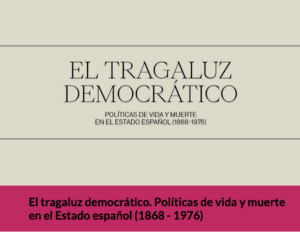 Exposición: “The democratic skylight. Policies of life and death in the Spanish State (1868 – 1976)”
Exposición: “The democratic skylight. Policies of life and death in the Spanish State (1868 – 1976)”
The exhibition critically reviews the relationships between death, politics and democratic memory regarding contemporary Spanish history, from a horizon of human rights and cultures of peace.
The tour raises a mature debate of the collective past on political violence, as well as the ways to resist it, fight it, discuss it and remember it, proposing historical alternatives, resistance approaches, rejections and adaptive strategies. The first part goes through the citizen struggles from the democratic six-year term to 1936; a second module focuses on the Civil War; a third is dedicated to the dictatorship, to lead, lastly, to the origins of the Transition. Through these dissidences, revolts and daily practices, democratic rights were built. As a whole, it is a long tunnel of the past where the shadows and lights of history can still be seen. With a story that is sensitive to dissidence, opposition and daily practices over the last hundred and fifty years, the project has 266 original works from 71 providers, all national, and is complemented by a large number of photographic and 11 audiovisual reproductions.
The name of the exhibition, Skylight, is a tribute to the celebrated work that Antonio Buero Vallejo premiered in 1967, “El skylight” where he proposes a science-fiction journey between two eras, the Spanish postwar period and the 25th century. In the piece, the inhabitants of a distant future are dedicated to investigating history: they have a “skylight”, a powerful vision machine that allows them to project fragments of the past onto their present. Thus, they reconstruct the lives of those who preceded them, to wonder how their dramas and demands, their struggles and their cruelties also belong to them.
Sala de Exposiciones La Alqueria
Nuevos Ministerios
(Madrid, Spain)
24 March-23 July 2023

